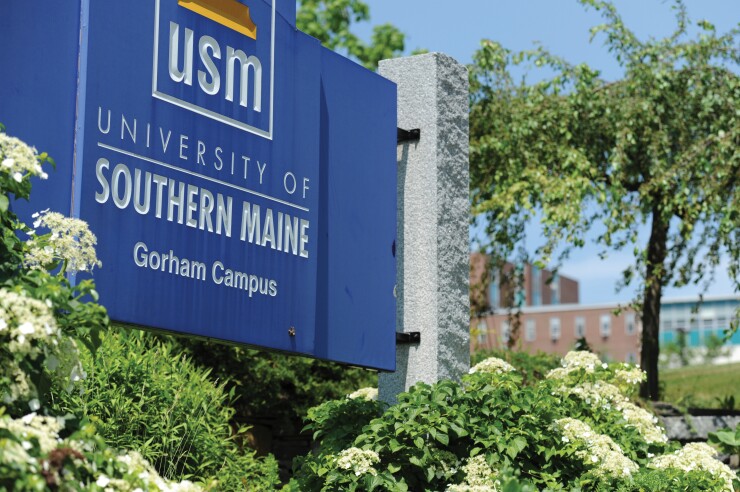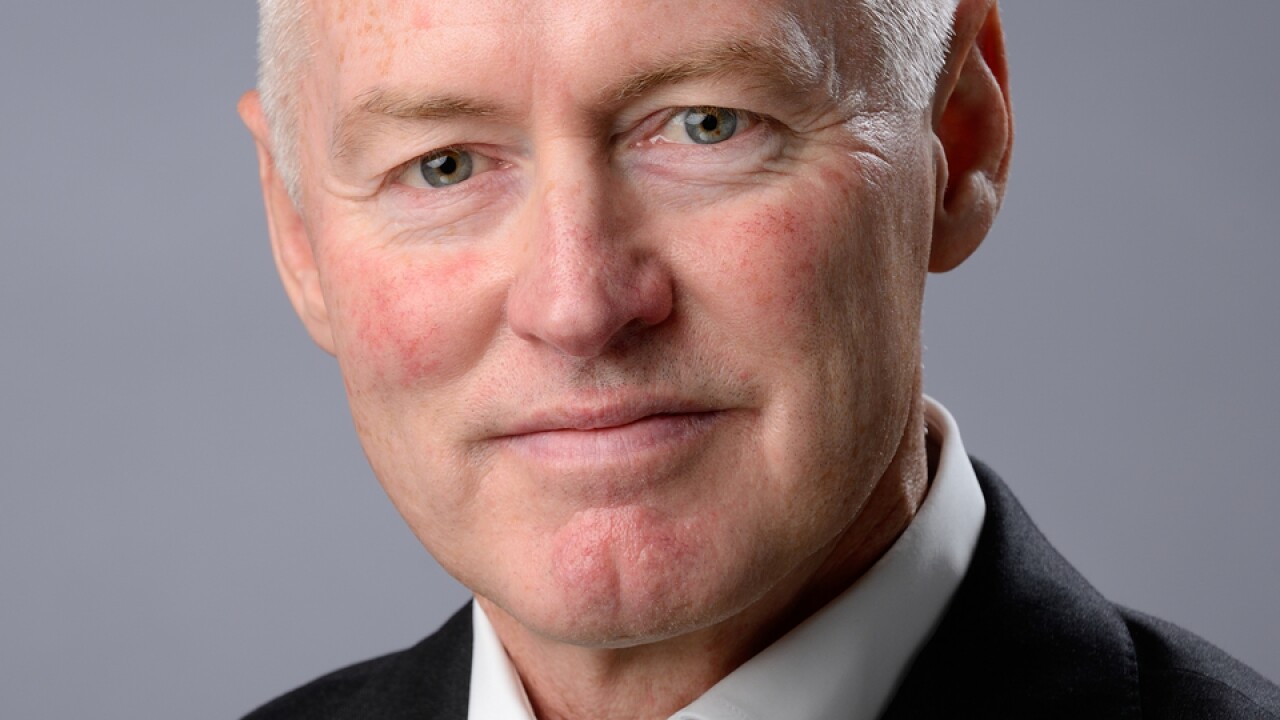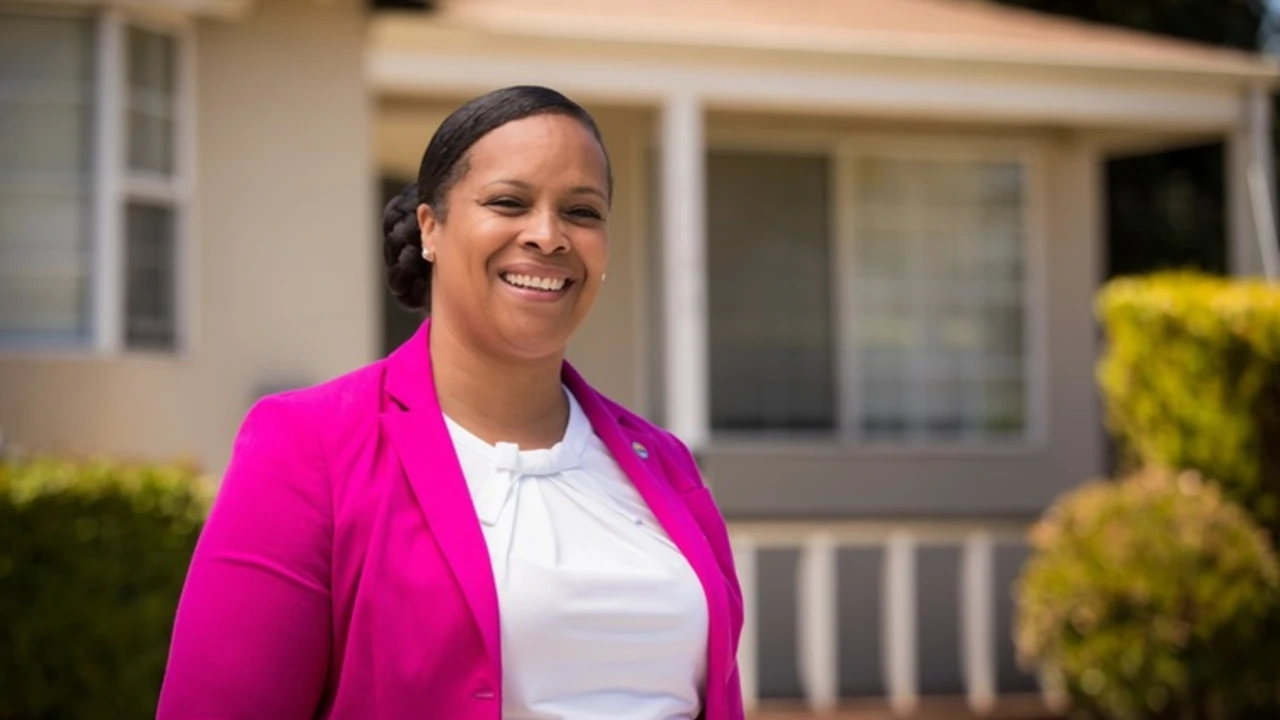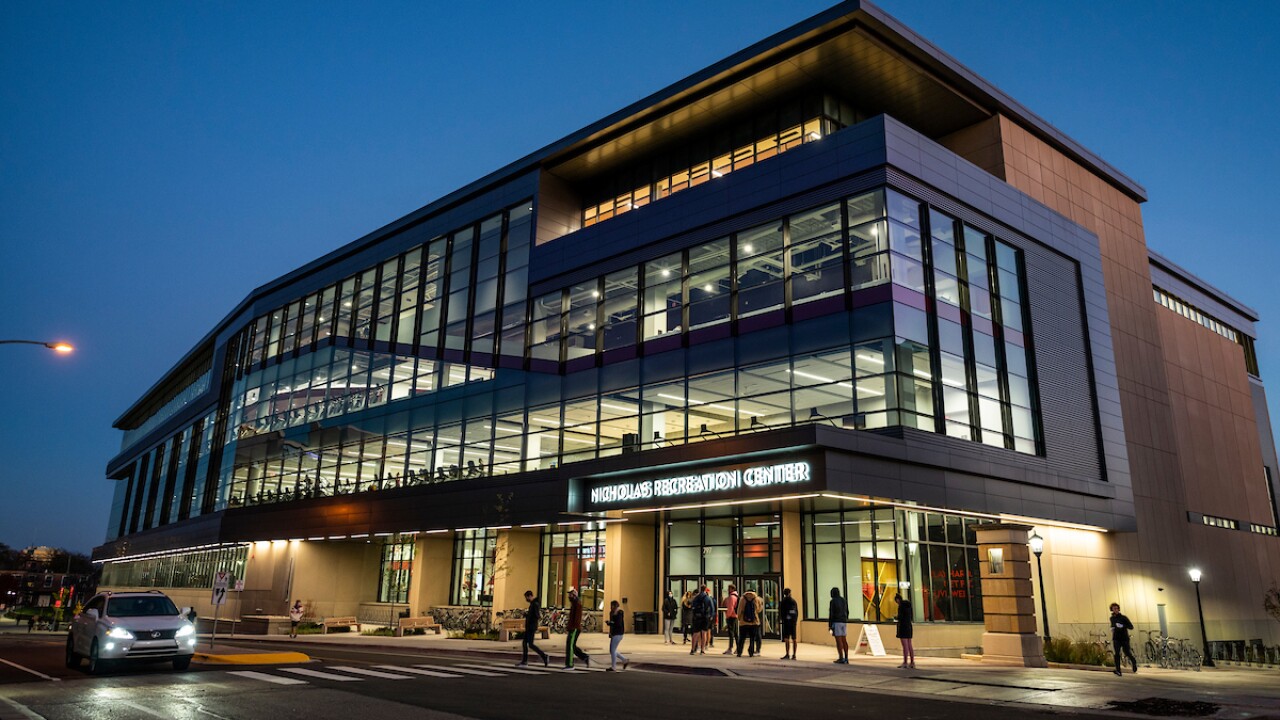Supporters of Maine's two higher education bond referendums say the $64 million questions will help improve student recruitment and tackle the state’s workforce challenges.
Question 4 on Tuesday's ballot asks for $49 million of bonds for the University of Maine System and Question 5 requests $15 million for the Maine Community College System.

“Just like roads, bridges and wastewater, our public university campuses are critical public infrastructure essential to the state’s economic growth,” said Dana Connors, president of the Maine State Chamber of Commerce, which supports both higher education bond questions. “There is no bigger barrier to the success of our state than the size and skill of the Maine workforce and no organizations are better positioned to help provide employers the professional workforce they need to grow their businesses and our state’s economy than our public higher education systems if they are properly resourced.”
Both bond measures would fund for infrastructure upgrades including energy efficiencies and enhanced information technology capacity. Voters last approved bond initiatives for the two systems in 2013 at $15.5 million apiece.
Gov. Paul LePage supports both higher education borrowing proposals along with a $106 million transportation bond referendum and $30 million of bonding for wastewater infrastructure that will also be on the Nov. 6 ballot. The term-limited LePage, whose eight-year run as governor will end on Dec. 31, has previously
“He believes that these are needed investments in our workforce and in retaining and attracting young people to Maine to address our demographic challenges as the oldest state,” said LePage's press secretary, Julie D. Rabinowitz.
The U.S. Census estimated Maine's median age at 44 in 2016, compared to 37.7 for the United States as a whole.
The three candidates running to replace LePage have signaled support for the higher education bond questions.
They are Attorney General Janet Mills, a Democrat, Republican businessman Shawn Moody and independent
“Employers across the state have identified workforce as their primary challenge – finding the skilled workers they need to maintain and grow their businesses,” said Hayes. “The investments that will occur when these two questions pass will help our publicly funded post-secondary institutions improve and expand facilities to increase capacity to meet these needs.”
As of July 31, Maine had $487.37 million in general obligation bond debt, according to the Office of the State Treasurer. An additional $64.71 million was approved by voters at the ballot box, but not yet issued.
Maine’s GO bonds are rated Aa2 by Moody’s Investors Service and AA by S&P Global Ratings. The University of Maine System’s debt has credit ratings of AA-minus from S&P and Fitch Ratings.
The Maine Chamber of Commerce and business advocacy group Educate Maine teamed up to release a report called
Ed Cervone, director of Educate Maine, said that approving the University of Maine System proposition would allow the expansion of affordable access to the state’s public four-year colleges. He said the University of Maine System has kept tuition flat for all but two of the last eight years along with providing “historic” financial aid to in-state students while reducing the debt load of its graduates to 30% below the national average.
“Maine businesses expect and need the University of Maine System to lead the state’s workforce development efforts,” said Cervone. “Now is the time for this critical investment if we want to achieve our vision of a strong and competitive Maine economy.”
If the measure passes, the University of Maine System plans to expand lab and research space to help double engineering enrollment.
University of Maine System Chancellor James H. Page said engineering enrollment needs to increase from about 2,000 undergraduates to 3,200 to keep pace with demand. The state is projected to need more than 3,000 new engineers to replace those who will retire and to fill new positions over the next decade.
“Maine employers support this bond because they need public university graduates,” said Page in a statement. “The investments included in Question 4 will help provide more of them.”
The bonds would also fund $12 million of improvements to nursing labs and classrooms to tackle the state’s nursing shortage. The University of Maine System committed in September to doubling nursing enrollment and expanding programs into high-need regions along with free tuition for students with the great financial need.
The Maine Nursing Action Coalition said on Oct. 24 that an increased number of new license-eligible students graduating from the state’s nursing education programs will help reduce its previous projected nursing shortage to 2,700 from 3,200 by 2025.
“In close consultation with our healthcare partners and our nursing faculty Maine’s universities have developed a nursing workforce plan that will establish a coordinated, statewide continuum of nursing education and student support,” Glenn Cummings, president of the University of Southern Maine, said in a statement. “Working together we are expanding access and educating the nurses our communities need to preserve quality healthcare throughout the state.”
The University of Southern Maine would receive $25 million of the $49 million of bonds under Question 4 to be directed throughout the school’s three campuses. University officials said voter approval would enable the doubling of its School of Nursing’s simulation lab and graduate 250 more nurses every five years.
Maine has had a successful track record approving bond issues with all but one of 34 proposals from 2007 through 2017 approved, totaling $1.1 billion in value. The only measure that failed was an $11 million proposal to expand the state’s community college system in 2012.





